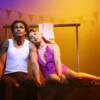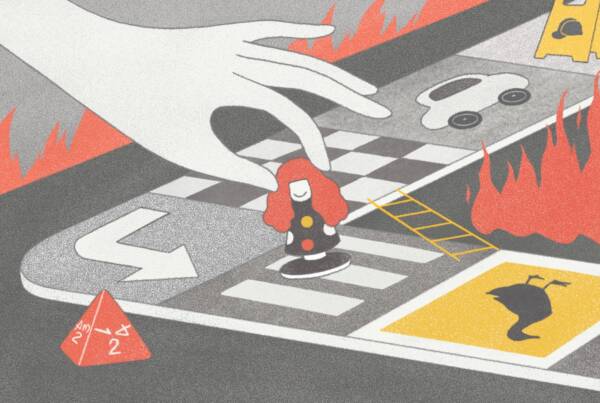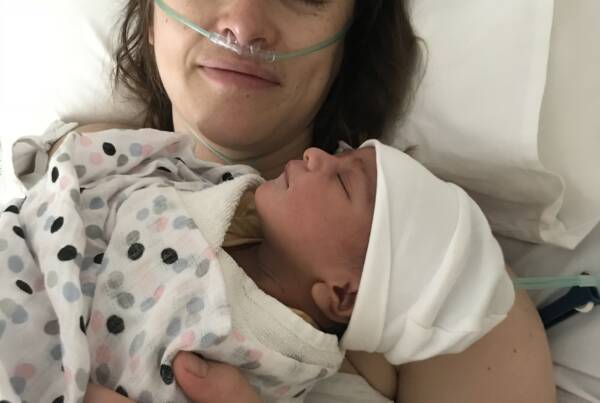Writing by Hannah Forsdike // photograph by Orsolya Boncsér
The best and most honest piece of writing advice I’ve been given is to read. Read as many books as you can. Read timeless classics and esteemed works of literature, and read delicious trash. All of it is valid in your quest to finding your voice as a writer. Of course, I’m not saying you should mimic the voice of a writer you admire, many books and writers should contribute to the recipe that is your voice and your unique style. Collect techniques and tones and attitudes and pieces of the puzzle from as many sources as you can.
For me, as I’m sure is the case for many writers, I can look back and see the books that helped me find my voice. Some of them are books I would have never picked up if they were not on a course reading list for a subject at university. They’re a beautifully random selection of vastly different stories, but each of them helped me in some way. Each of these books changed the way I write, or made me fall in love with a trope or a technique. If you’re finding yourself starved for reading materials during the age of self isolation, I’d gladly recommend any of the following books.
1. The Color Purple by Alice Walker
Walkers epistolary novel taught me a lot about the power of character voice. Through the way the letters in The Color purple are written, the reader can learn a lot about the main character, Celie, without her explicitly telling us. The reader often has a better idea of what is going on than Celie does. Her naive observations fill in the gaps in her understanding beautifully.
2. The Catcher in the Rye by J.D. Salinger
Salinger helped me to escape my understanding of plot. The hero’s journey and the clear cut climax of the stories I’d grown up with had given me a narrow view of how to tell a story. The almost ‘slice of life’ plot of The Catcher in the Rye opened my mind to more inventive storytelling.
I also loved to hate Holden Caulfield as an almost unreliable narrator. His cynical and angsty view of his world made me learn the realistic necessity of an imperfect protagonist.
3. Fight Club by Chuck Palahniuk
Speaking of the unreliable narrator… I’ll be careful not to spoil the plot of this one, as it’s charm lies in the twist at the end.
The use of an unreliable narrator in Fight Club is utter genius, and made me completely fall in love with the trope. The unreliable narrator relies on the reader thinking for themselves, and challenges their allegiance with the protagonist. It’s a reading experience I’ve found I very much enjoy, and has helped me to write characters that feel more honest.
4. The Road by Cormac McCarthy
I credit The Road to being the novel that changed my writing the most. I read this book while I was studying writing at University; I was maybe 19. McCarthy’s writing in The Road is a great example of minimalism. The minimalism in this novel perfectly compliments the desolate, dystopian landscape. I loved the concept of conveying as much information as I could in as few words as possible.
Looking back, I think I read this book and fell in love with minimalism at the perfect time. My writing was naturally beginning to mature, and The Road showed me the tools I needed to move towards more minimal and effective storytelling.
5. On Writing by Stephen King
Not a novel, but I couldn’t honestly give you a reading list of books that changed my writing without including this. On Writing is part autobiography, part ‘how to be a great writer’. King talks about the experiences in his life that lead him to finding his stories, and shares what he has learnt about great writing. My copy of this book is covered in my own notes scrawled in the margins. If I were to die tomorrow, and my family uncover my copy of this book, they’ll think I’d gone insane. I love that for me.
Just because I have been able to compile this list does not mean I’m done growing or challenging myself as a writer. With everything I read, I’m giving myself an opportunity to be a better writer. I another ten years this list might have doubled, even tripled. The second best and most honest piece of writing advice I’ve been given is that you’re never finished, you’ll always been growing and changing and learning.







